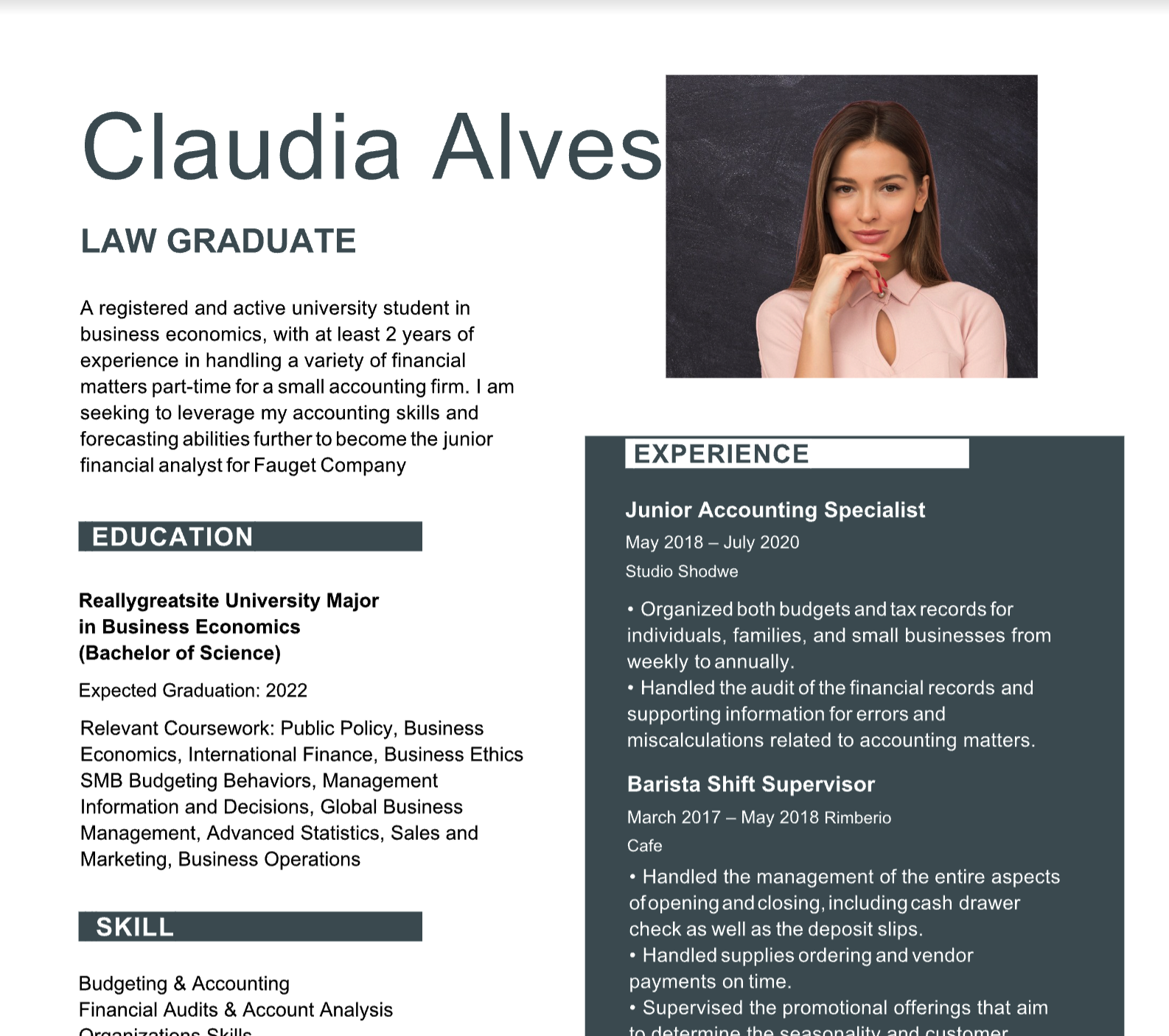We are talking to law students day in, day out. We ask the same questions to law students with the goal of helping them land their dream law job. Our conversations with law students are designed to help them land the job that they want.
For example, one common question we tend to ask students is:
‘Where do you want to be working in 5 years time?”
The answer is more often than not the same.
“I want to be working in corporate or commercial law.’
This is what we call the textbook answer. But is it the right one? That depends!
Corporate law that allows your business to trade in accordance with certain laws or regulations. Commercial law more often relates to a transaction of some type.
If your answer is ‘Corporate or Commercial law’ you might not have considered the difference between litigation and advice roles. To come up with a better answer to this question, here are a few different things to consider:
- Do you like arguing or voicing your opinion?
- Perhaps you are more inclined to like processes (this might be understanding them or explaining them)
Working in litigation is very different to working for a team that advises on corporate restructuring or Mergers and Acquisitions. Both litigation and corporate advisory roles require strong problem-solving abilities, but the nature of the problems differs. Litigators must be skilled at analysing legal issues, anticipating opposing arguments, and devising strategies to achieve their clients’ objectives in court. Corporate lawyers often deal with transactional issues, such as mergers and acquisitions, where they must identify legal risks and find solutions that align with their clients’ business goals.
Client interaction is also an important consideration. Consider whether you prefer working directly with clients or behind the scenes. Litigators typically go to court, as they often represent clients in court and provide ongoing updates and advice. Corporate lawyers also work closely with clients, but their role may involve more behind-the-scenes advisory work, such as drafting contracts and providing legal opinions. They do not go to court.
Litigation may appeal to those who enjoy the excitement of the courtroom and the opportunity to advocate for their clients’ interests in a public forum. Corporate advisory work may appeal to individuals who are interested in business transactions, regulatory compliance, and helping companies achieve their strategic objectives.
There’s plenty of resources out there if you want to learn more about corporate or commercial law but we won’t take too long talking about this. We want you to focus on a different answer!
Next time someone asks you ‘’where do you want to be professionally in 5 years time?” we suggest you utilise this answer:
‘I want to use my undergraduate years to try out as many different practice areas as possible. By the time I graduate I’ll know more about whether I like corporate advice or court hearings, cyber law or intellectual property.’
POST YOUR PARALEGAL JOB
Looking for paralegal resources for your next project? There’s no up front fees to hire a Yegal Paralegal. Click here to to post your job today.
FREE CV TEMPLATE (CLAUDIA VERSION)
Yegal’s CV templates are designed to help you land the job that you want. To access our Free Claudia template, submit your email below and we’ll send it straight to your inbox:

